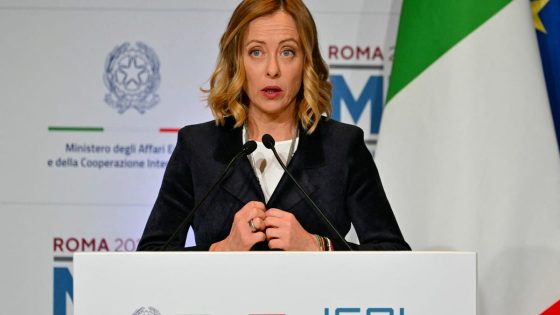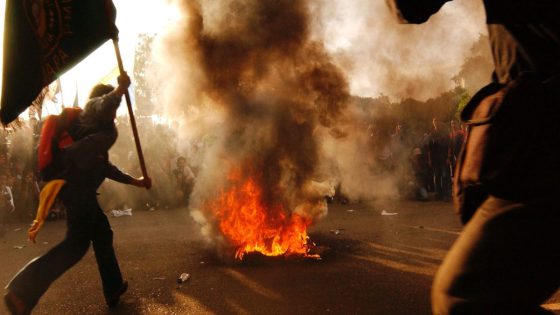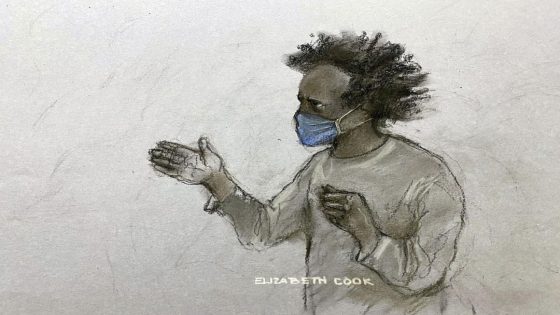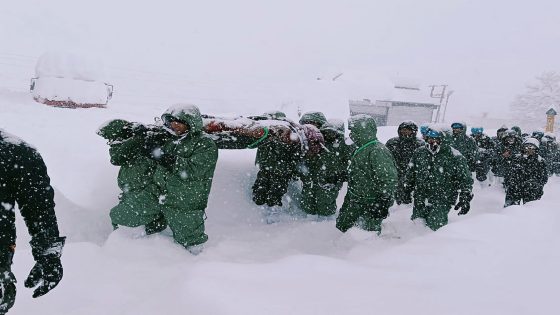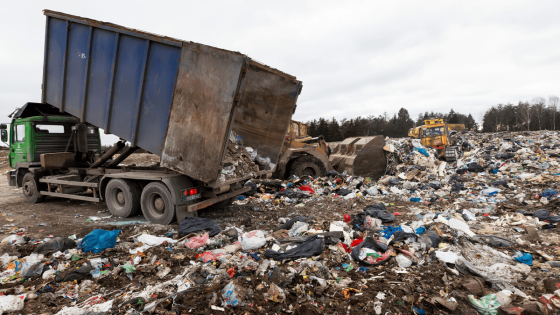On February 17, 2025, Prime Minister Benjamin Netanyahu announced the immediate enforcement of the UNRWA law, which the Knesset had passed with significant support. This legislation aims to restrict the operations of the United Nations Relief and Works Agency (UNRWA) in areas under Israeli control.
- Netanyahu directs immediate enforcement of UNRWA law
- Knesset passed UNRWA law with broad support
- Law blocks UNRWA activities in Israeli-controlled areas
- No restrictions on implementing Prime Minister's directive
Netanyahu emphasized that there would be no limitations on the implementation of this directive, marking a significant shift in policy regarding the agency’s activities in Israel.
The UNRWA law represents a critical change in how Israel interacts with the agency responsible for providing services to Palestinian refugees. The Knesset’s passage of the law reflects a broader political consensus on limiting UNRWA’s influence in areas that Israel governs. This move has been met with mixed reactions from various stakeholders, including humanitarian organizations and international observers.
Key details regarding the UNRWA law include:
- The law prohibits UNRWA from conducting activities in areas under Israeli control.
- Netanyahu’s directive allows for unrestricted enforcement of the law.
- The decision is part of a larger strategy to redefine the role of international agencies in the region.
Following the announcement, there are concerns about the potential impact on Palestinian refugees who rely on UNRWA for essential services such as education and healthcare. Critics argue that limiting the agency’s operations could exacerbate the humanitarian situation in the region. The Israeli government, however, maintains that the law is necessary for national security and sovereignty.
In summary, Netanyahu’s directive to enforce the UNRWA law marks a significant policy shift in Israel’s approach to the agency. The implications of this decision will likely resonate beyond Israel, affecting the lives of many Palestinian refugees and the broader geopolitical landscape.






